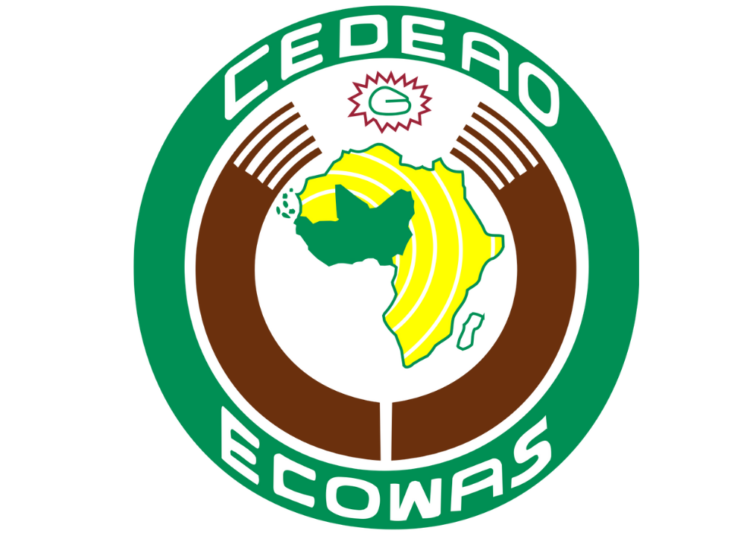When building on the 1028-kilometer Abidjan-Lagos highway corridor starts in 2025, the ECOWAS Commission has promised that financing will not be a hindrance.
At the 21st steering committee meeting of the Lagos-Abidjan corridor highway improvement project in Lagos, Nigeria’s Minister of Works and the committee chairman, David Umahi, disclosed the information.
According to Umahi, the project was started in 2013, or roughly eleven years ago, but despite having multiple finance partners—most notably the African Development Bank (AfDB)—it was delayed for three years due to the Covid-19 outbreak. Eyes Of Lagos reports,
The chairman of the committee claims that the steering committee is meeting to fill in the gaps in the project, which commenced in 2013. He claims that “because they have shown a strong interest and commitment towards the realisation of this project, we will not have problems about funding today and we will be able to set a timeline for the project.” Let me emphasize how important this project is to both member countries and Nigeria. We have four legacy projects totaling 2,800 kilometers. The Lagos-Calabar coastal highway is one of them. It has two carriageways, each with three lanes, and it will be tolled. All of the stations along the corridor will have CCTV cameras installed.
“The remaining three legacy projects are the 477-kilometer Calabar-Abuja project, the 489-kilometer Abuja-Akwanga project, which travels through Jos and Bauchi, and the 2,800-kilometer Sokoto-Badagry project, which is located by the Lagos-Abidjan highway.”
In response to the question of the treaty that member states had signed, Umahi stated that there had been disagreements over the appointment of coordinating agencies, such as the Abidjan-Lagos Corridor Management Authority (ALCOMA). She also stated that following a meeting at the ministerial steering committee, where all five of the state ministers convened and reached a consensus, an agreement had been reached.
The heads of the ECOWAS, Côte D’Ivoire, Togo, Benin, Ghana, and Nigeria met to reach a consensus on the design, conceptualization, and finance mechanism of the ESIA as well as the Lagos-Abidjan expressway. In terms of designs, we will hear from the expert committee before finalizing the design and establishing the procurement objective—possibly at our next meeting. After today’s meeting, we will release a press release outlining our agreements,” he said.
In a statement regarding the project’s goal, Ghana’s Minister of Roads and Highways, Francis Asenso-Boakye, reiterated the member states’ commitment to accelerating socioeconomic development and boosting interregional trade by stating that the road infrastructure was to connect communities with trade, tourism, and social life.
Because they can connect individual states with roadways, nations like the United States were able to initiate their economic boom. We are attempting to connect our own highway for this reason. The highway project contributes to the quickening of socioeconomic growth. He continued, “This project will transform economic growth among the connecting countries when it is realized.”
The technical designs presented by the experts committee, which consists of engineers from each of the five member nations, the ministerial steering committee’s evaluation of the project designs, and the technical guidance provided by the African Development Bank (AfDB), among other financiers, were the highlights of the event.





